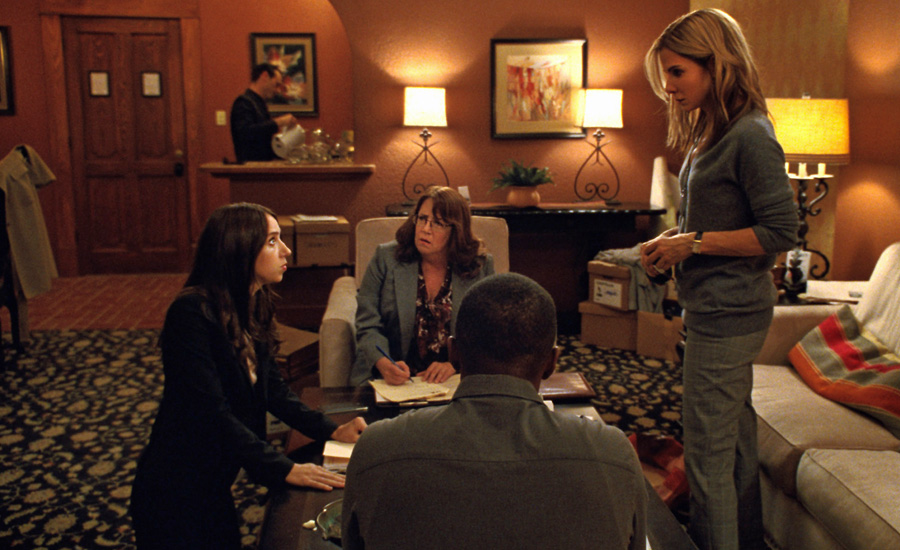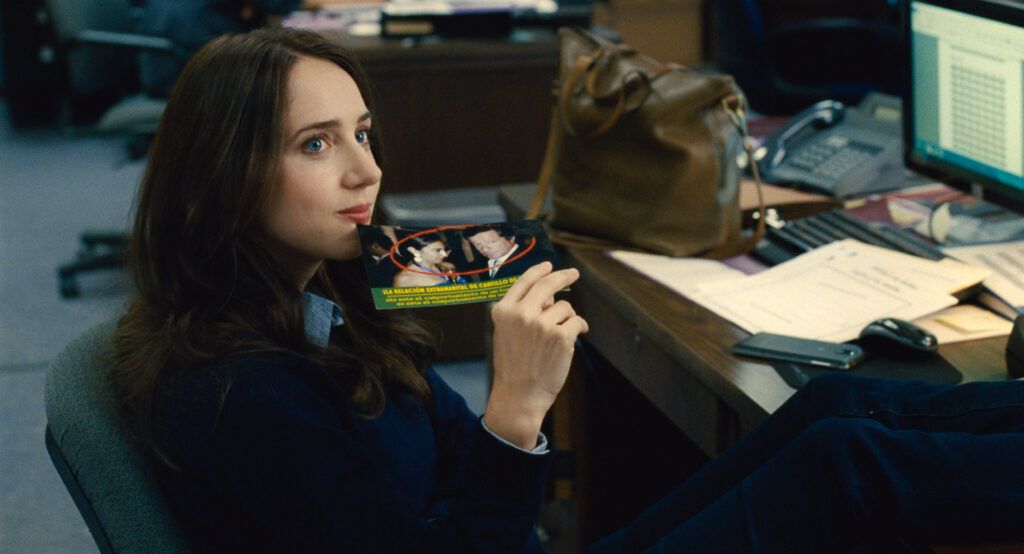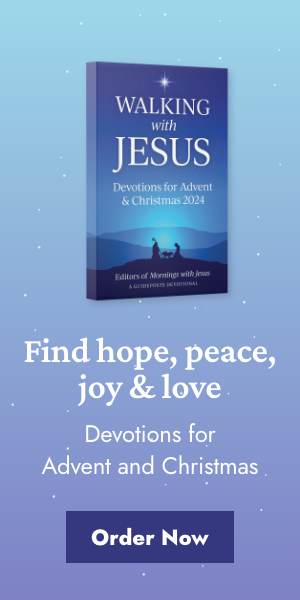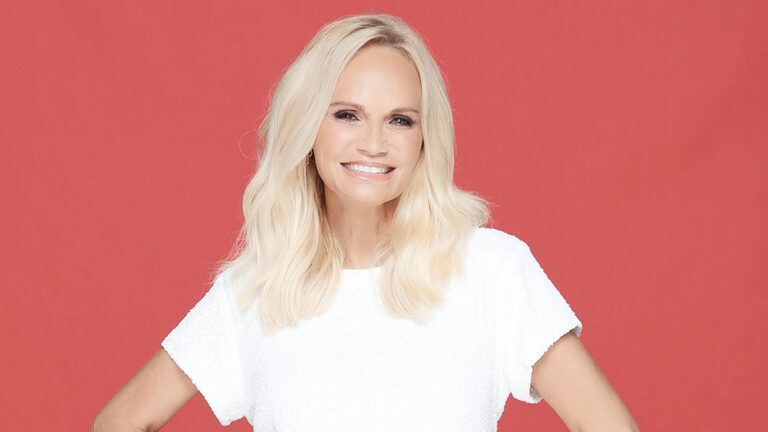Zoe Kazan is looking for a challenge. That’s what the actress, known for her roles in romantic comedies like Ruby Sparks and What If, offers when asked why she signed on for her latest film, the Sandra Bullock-led political drama Our Brand Is Crisis.
“I grew up loving actors that played characters farther away from themselves,” Kazan tells Guideposts.org. “I wanted to be a character actor. I wanted to be a different person. I’ve gotten to do that a lot more on stage than I have on screen and I always sort of leap at the chance to do that on screen.”
The movie follows a group of American political consultants as they travel to Bolivia to offer their expertise in a hotly contested presidential campaign. While Bullock’s character, aptly named Calamity Jane, is the bull-dozing neurotic spin doctor of the group, Kazan plays the darker, tight-lipped LeBlanc – a woman whose area of expertise includes finding dirt on their candidate’s running-mates.
“It’s really about someone who’s been told their whole life that winning is the ultimate goal, who has started to feel like that’s not a good goal for her,” the actress explains when asked to describe the film which hit theaters Oct. 30th.
We joke a bit about Kazan’s role – it’s decidedly like Lisbeth Sanders in The Girl with the Dragon Tattoo minus the tattoos and piercings. And it’s markedly different from the quirky romantic lead she’s played in the past.
The past year has seen more opportunities for Kazan to play against-type — the actress was nominated for an Emmy thanks to her striking performance in the HBO mini-series Olive Kitteridge.
“I’m thirsty for that kind of a challenge,” the actress says of the part which has become a benchmark of her decade-long career.
Her latest role though is one that called to her for a different reason.
Kazan says working with a “bucket-list” director like David Gordon Green and sharing scenes with Bullock taught her even more about her craft.

“She’s just so creative,” Kazan says. “There’s a lot of physical comedy in this that wasn’t on the page that she brought onto set every day. It was great to watch that and see the way that she thinks about the audience. She’s very aware that this is entertainment and that she needs the audience to lean forward in their seats.”
The film, while inherently funny thanks to the natural abilities of its cast and director, deals with serious, often depressing subject matter. Bullock’s character, who we first meet living as a recluse in the mountains with a pottery wheel as her only companion, gets back into the game – and politics are a game for her and her crew – when recruited to run a campaign for a presidential hopeful who doesn’t mind making promises to his constituents that he knows he won’t keep. Fake grassroots campaigns, planted hecklers in crowds and an unhealthy amount of time debating the benefits of rolled-up sleeves all follow, serving to show the audience how advertorial the political process has become. It’s something Kazan thinks won’t shock too many people.
“I don’t think most of us are that naïve about our political process anymore,” the actress says after discussing how appropriate the film’s timing is. “I think we’re more aware that our politicians are being branded to us. I think what was an eye opener for me was how we’ve exported that system to other countries. Maybe I had a little bit of a vestigial naiveté – just thinking that these political operatives would never work for someone whose politics they didn’t believe in. But you see that they can’t possibly get personally invested in something like this election in Bolivia. They can’t possibly have a personal connection to it.”
What’s brought so much attention to Our Brand Is Crisis though isn’t the politics, it’s the casting. Bullock has been vocal about searching for roles written for men – roles like the one she inhabits in the film which was originally written for friend and producer George Clooney.
The amount of scrutiny placed on the pretty apparent sexism in the film industry is something Kazan says is a good thing.
“For me, I think there’s always a way to look at your role as an interesting role,” the actress says. “But if you look at what’s out there for women versus what’s out there for men, I think it paints a pretty clear picture. The fact that Sandy had to look for male roles in order to find something that challenged her, I think it’s pretty indicative. Even looking at the Best Actress and Best Actor nominees for the Academy Awards last year, I think all of those women – except for one – were actually supporting characters. They were not the protagonist. The men were the protagonist and they were the wife of the protagonist, or a supporting role – not an actual lead. We think about women in a relational way. I think at the end of the day, it’s not about how good the part is, it’s how good the stories are that are being told for women and that’s where we have work to do.”




